5 unexpected facts about the Big Bang theory
Categories: History | Science | Space | World
By Pictolic https://pictolic.com/article/5-unexpected-facts-about-the-big-bang-theory.htmlIn the early XX century astronomers Edwin Hubble and Milton Humason found that galaxies gradually move away from the milky Way. Or rather, all the galaxies move away from each other — this means that the universe is expanding. So, sometime in the distant past, our entire universe was much smaller, hotter and denser.
This description is known today as the Big Bang theory — passed the test of time, coping with new discoveries and alternative explanations throughout the last century. So what is this Big Bang?
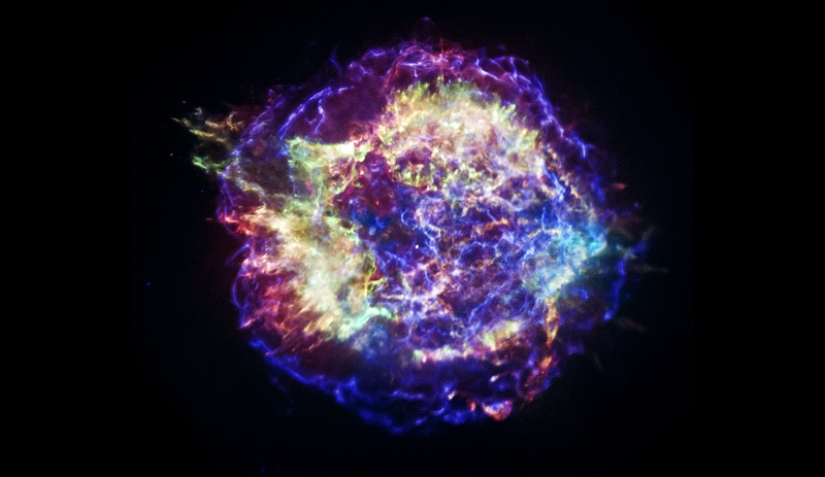
The big Bang happened everywhere at once
The universe has no center or edge. Each part of the cosmos is constantly expanding, and this means that if we rewind the clock back, we might be able to figure out exactly when everything was gathered together for 13.8 billion years ago. Because every place that we display on the map of the Universe today, held the same point then, and our entire universe came from the Big Bang, and the Bang was not a "point on map" — it happened everywhere at once.
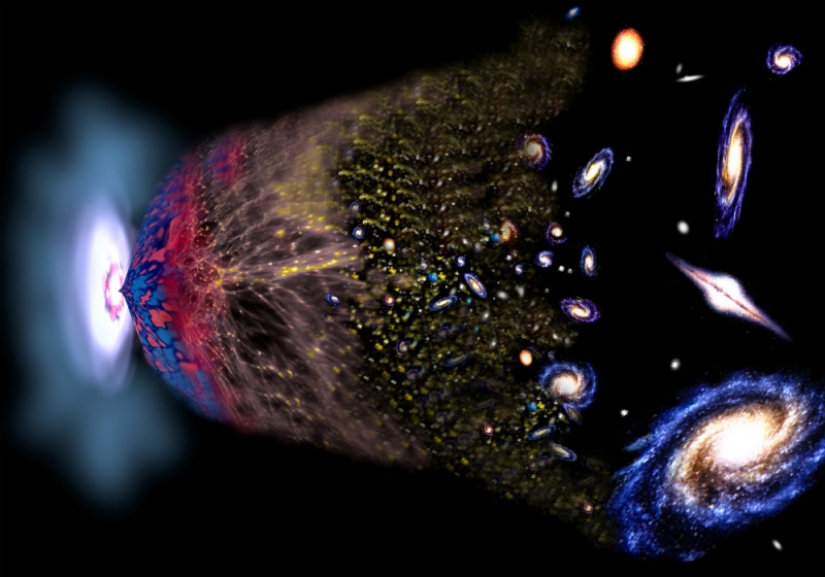
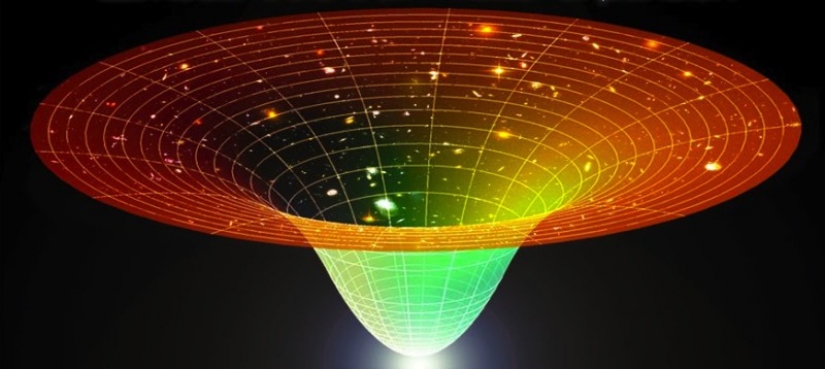
The big Bang doesn't explain the beginning of everything
Big Bang generally refers to the expansion theory of the cosmos and the early hot stage of the Universe. However, despite this, even scientists often misuse this term, describing a probable point in time when everything was "Packed" at one point. The problem is that there are no observations, nor even the folding of a scientific theory that represents this period of time, which is called the cosmological singularity.
Here is what he said on this occasion Stephen Hawking, theoretically proved in 1967 the possibility of such singularities in terms of back in time of expansion of the Universe:
Thus, the cosmological singularity is the starting point for the Universe that we observe, but it could be something that happened to her.
The difficulty here is that highly superheated universe and its incredibly rapid expansion that followed the singularity that erased all traces of what could have happened before the Big Bang. Scientists today are trying to find a way to detect earlier signs of the Universe — and, although none was not found, delete is unwise.
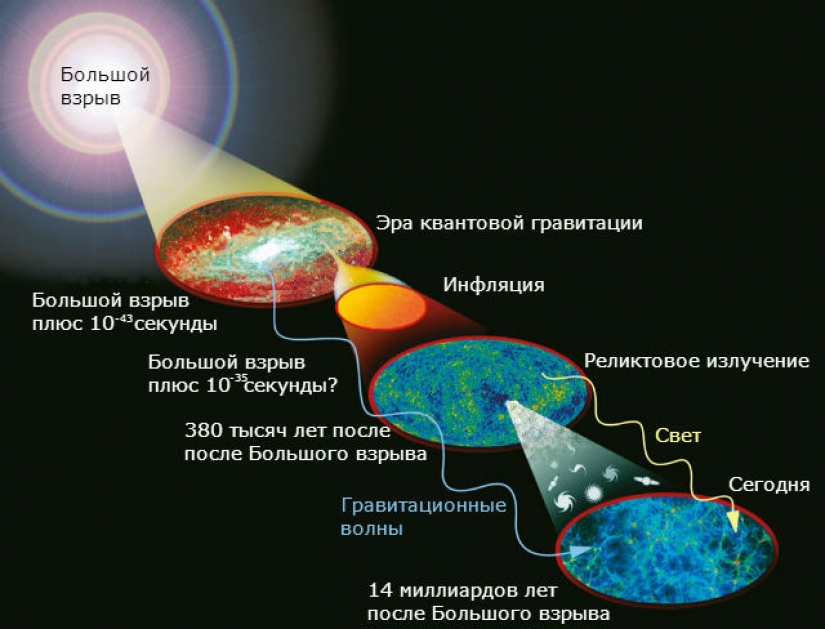 Diagram of evolution of the Universe
Diagram of evolution of the Universe
The big Bang is primarily hydrogen and helium
What decides the scientific theory of the Big Bang? The theory in the first place, lies the explanation of the chemical composition of our Universe is the same and remains her most successful and accurate prediction. It all started in the 40-ies of the last century, when Ralph Alfer and George Gamov conducted calculations prove that the early universe was hot and dense enough to exactly produce the entire volume of helium, lithium and deuterium observed in space; later observations confirmed the origin of the hydrogen. This discovery became known as Big Bang nucleosynthesis.
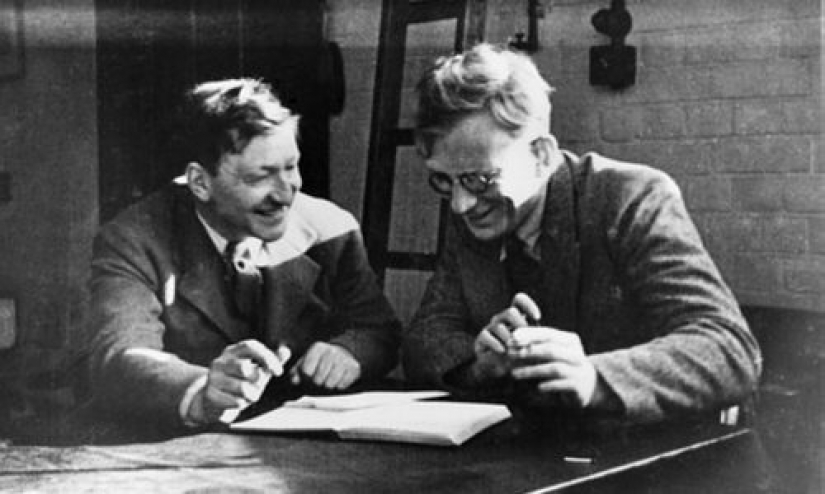 Ralph Alfer and George Gamow
Ralph Alfer and George Gamow
One of the people who stood at the origins of the theory, was a Catholic priest
Oddly enough, one of the first failed basis for the Big Bang theory — a scientific explanation of Minobrazovanija, was a Catholic priest. In addition to his religious training, Georges Lemaitre was a physicist studying relativity theory and visiteuses some of the conditions of the early education space in the 30-ies. However, its options refer to the theory did not catch on, otherwise you would now read an article on the theory of "cosmic egg" or "primeval atom."
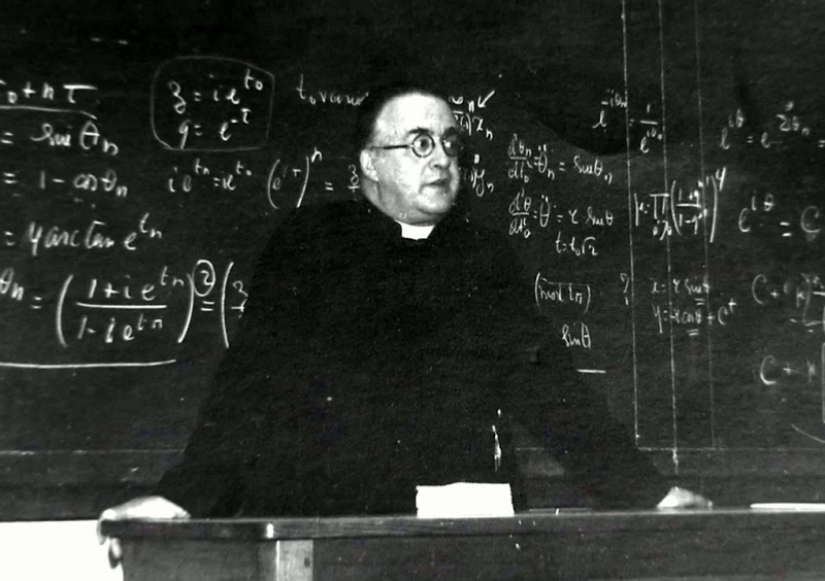 Georges Lemaitre was a priest and scientist
Georges Lemaitre was a priest and scientist
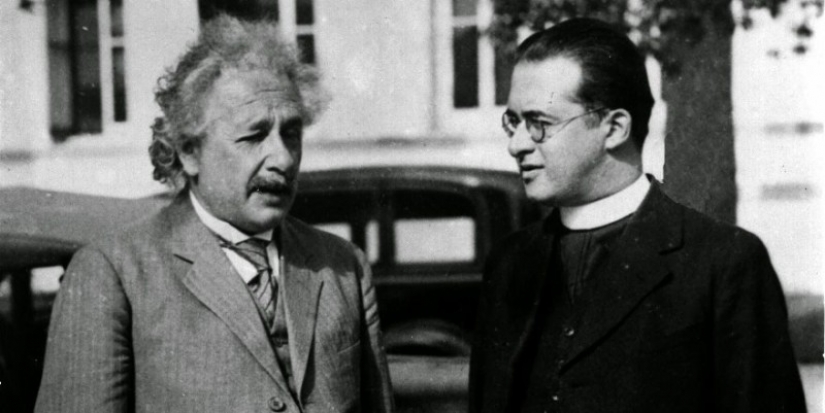 Albert Einstein and Georges Lemaitre
Albert Einstein and Georges Lemaitre
Anyone really not like the name "Big Bang"
Up to 60-ies of the last century, the idea of the Universe having a beginning in time was very controversial among physicists. The "big Bang" — originally a comic symbol for the theory was proposed by astronomer Fred Hoyle, who was a leading advocate of an alternative theory about an infinitely existing Universe.
The astronomer was trying to emphasize the seeming simplicity of the ideas about the origin of the Universe in the explosion — ironic, but it seems that the joke caught on, and today the "Big Bang theory" does nobody think it strange or inappropriate name.
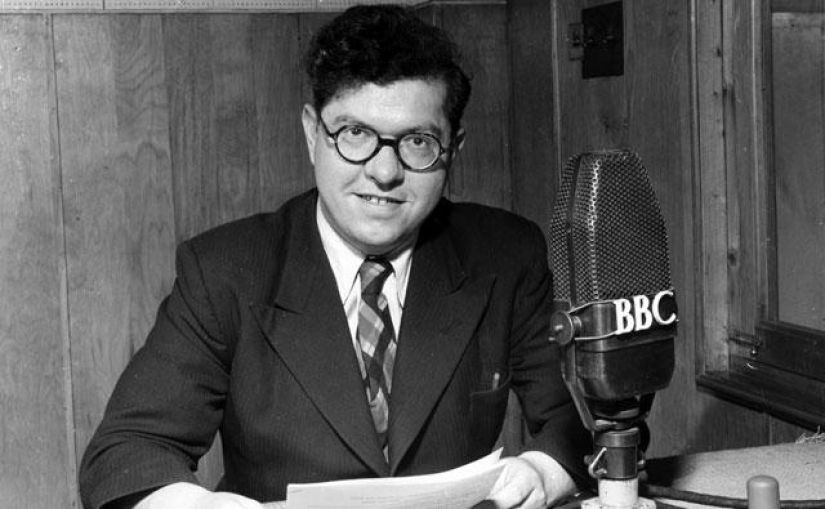 Physicist Fred Hoyle on BBC radio in 1950
Physicist Fred Hoyle on BBC radio in 1950
Keywords: Astronomy | The universe | The big Bang Theory | Scientists | Physics | Einstein
Post News ArticleRecent articles

Modern man is difficult to surprise with cart for supermarket or table lamp, which is able to rotate in different directions. Yeah, ...

We must admit that we all have different degrees of stress tolerance. Someone is annoyed by the creaking of a felt-tip pen on ...
Related articles

In 1910, the whole world was waiting for a guest from the depths of the universe – Halley's comet-to appear near the Earth. ...

After the Second world war, many did not believe in the death of Adolf Hitler in the world and walked the most incredible stories ...

The European Southern Observatory (ESO) has built several sets of telescopes and observatories on mountaintops in the Atacama ...

Prisons and camps have many synonyms: they are called "kutuzki", "katalajki", "kichi" and even more ...